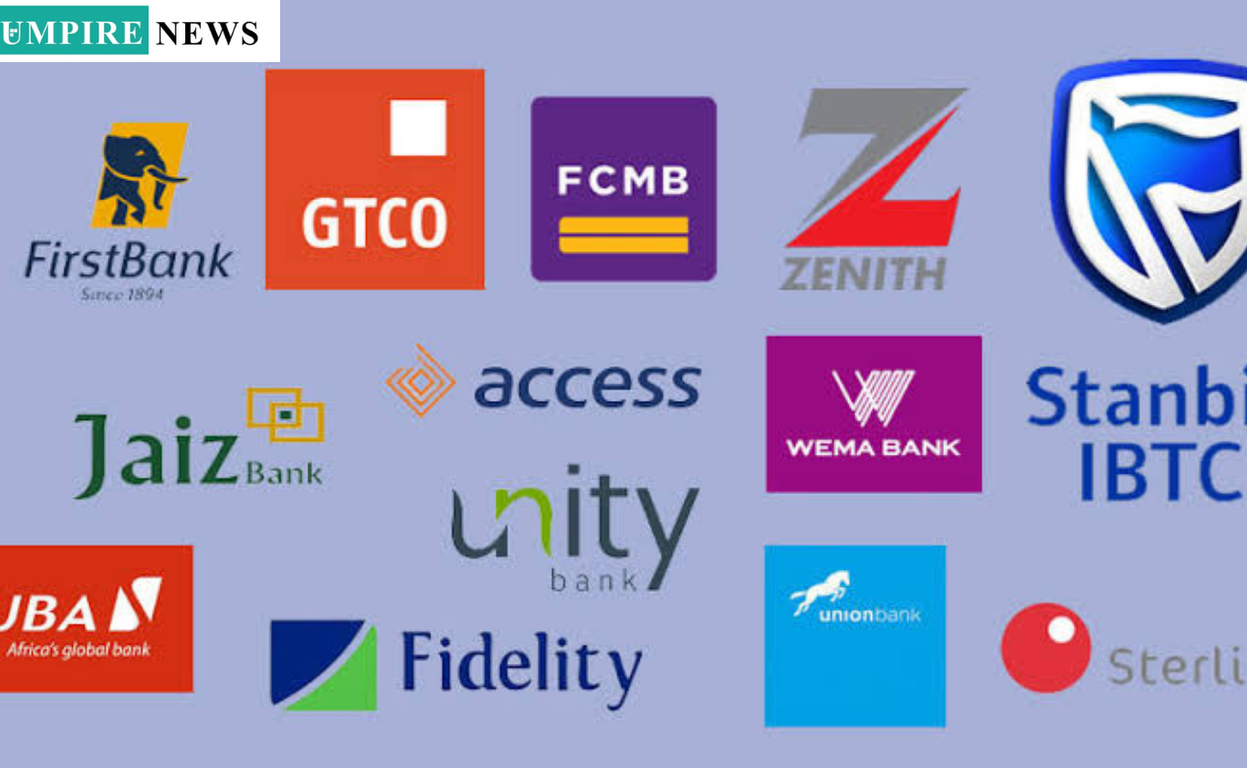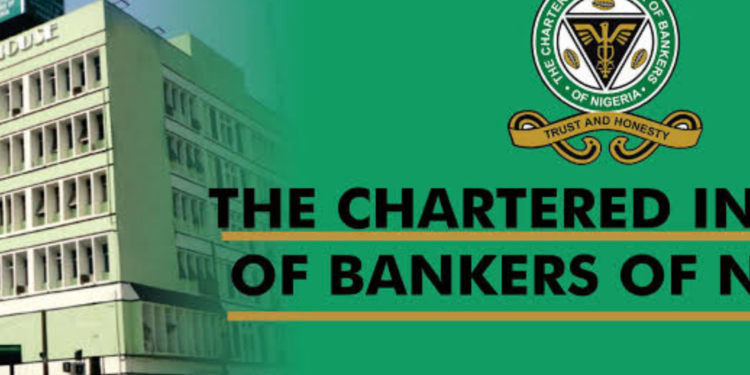Okechukwu Unegbu, a former president of the Chartered Institute of Bankers of Nigeria (CIBN) and an ex-managing director of the defunct Citizens International Bank, has advised bank customers to take legal action if they notice any irregular deductions from their bank accounts.
His advice comes in light of numerous complaints from customers who have been affected by unexplained and often multiple deductions from their accounts.
In an interview on Sunday in Abuja, Unegbu emphasized that the most effective way for customers to address such issues is through the courts, even though the judicial system in Nigeria is known to be slow.
He recounted his own experience, stating, “That bothers them a lot. In one instance, I won a case against First Bank, and they paid damages. The only problem is that the judiciary is slow.” His remark underscores the potential for legal recourse, even though the process may be lengthy.
Unegbu also pointed out that, in an ideal situation, a more effective way of handling such matters would have been through a bank customers’ association.

However, he lamented the fact that such an association is not currently active, leaving individual customers to fight their battles independently.
He further explained how banks often impose seemingly small charges, such as N5 or N10 per transaction. While these amounts may appear insignificant, he stressed that when multiplied by the millions of customers from whom these charges are collected, the banks end up making significant amounts of money.
Many customers tend to overlook these small deductions, but in reality, the cumulative effect is enormous for financial institutions.
Unegbu also highlighted the existence of Central Bank of Nigeria (CBN) guidelines on bank charges, which customers should be aware of. He advised them to familiarize themselves with this document and seek redress whenever they notice charges that fall outside the stipulated guidelines.
“That document explicitly states the legal charges that banks are entitled to from their customers, but most Nigerian banks charge much more than what is recommended, which is against all principles of banking,” he said.
He further pointed out that such practices are not tolerated in other parts of the world, but in Nigeria, customers often fail to complain about these extra charges, enabling the banks to continue with the practice unchecked.
He emphasized that if more customers develop the habit of complaining, banks would be forced to reform their practices. “Such things do not happen abroad, and the problem is that most customers do not complain. If customers can develop the habit of complaining, the banks will start learning,” Unegbu said, urging customers to hold their banks accountable.
Unegbu acknowledged that the Central Bank of Nigeria has established a complaint desk to handle such issues, but he expressed concerns about its effectiveness.

Many customers, according to him, are not even aware of this avenue, while others have had unsatisfactory experiences with it.
The CBN has, in fact, set clear guidelines regarding the charges banks are allowed to impose. According to these guidelines, transactions involving sums below N5,000 should not attract more than a N10 fee, while transfers between N5,000 and N50,000 are capped at a charge of N25.
For transactions exceeding N50,000, the fee should not exceed N50. The guidelines also address various other charges, including those for account maintenance and card issuance.
The CBN explicitly states that maintenance fees for account cards have been eliminated, as these accounts already incur other maintenance charges. Moreover, there are no fees for naira debit cards linked to current accounts.
In cases where customers need to replace lost or damaged cards, the fee is set at N1,000 as a one-time charge. Similarly, card renewal upon expiration carries a one-time fee of N1,000.
Additionally, the guidelines stipulate that monthly statements of account for both current and savings accounts must be provided free of charge. However, if a customer requests a special statement of account, banks are permitted to charge a maximum of N20 per page.
SMS alerts are another area covered by the guidelines. While these alerts are mandatory, if a customer chooses not to receive them, they must sign an indemnity to absolve the bank of any liability that may arise from their decision. Email notifications, however, are free of charge.
To ensure compliance, the CBN has warned that any financial institution found violating these guidelines will face fines of N2 million per infraction, or as otherwise determined by the apex bank.
These penalties are meant to deter banks from exploiting customers with unauthorized or excessive charges.
Unegbu’s advice to bank customers is clear: stay informed, review your account statements regularly, and do not hesitate to take legal action if you notice irregular charges.
While the legal process may be slow, it remains an essential tool for holding banks accountable and preventing them from engaging in practices that exploit their customers.

































